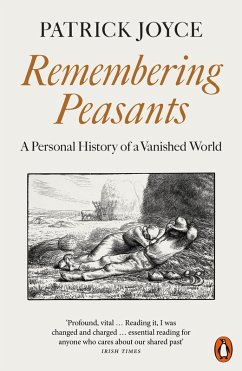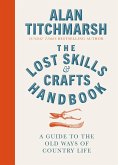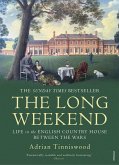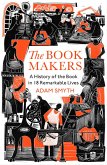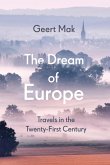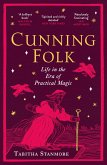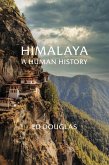A way of life that once encompassed most of humanity is vanishing in one of the greatest transformations of our time: the eclipse of the rural world by the urban.
In this new history of peasantry, Patrick Joyce tells the story of this lost world and its people. In contrast to the usual insulting stereotypes, we discover a rich and complex culture: traditions, songs, celebrations and revolts, across Europe from the plains of Poland to the farmsteads and villages of Italy and Ireland, through the nineteenth century to the present day. Into this passionate history, written with exquisite care, Joyce weaves remarkable individual stories, including those of his own Irish family, and looks at how peasant life has been remembered - and misremembered - in contemporary culture.
This is a people whose voice is vastly underrepresented in human history. Yet for Joyce, we are all the children of peasants, who must respect the experience of our ancestors. This is particularly pressing when our knowledge of the land is being lost to climate crisis and the rise of industrial agriculture. Enlightening, timely and vital, this book commemorates an extraordinary culture whose impact on our history and our future remains profoundly relevant.
Dieser Download kann aus rechtlichen Gründen nur mit Rechnungsadresse in A, B, BG, CY, CZ, D, DK, EW, E, FIN, F, GR, HR, H, IRL, I, LT, L, LR, M, NL, PL, P, R, S, SLO, SK ausgeliefert werden.

